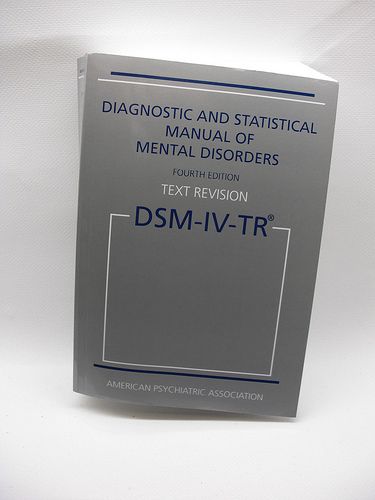
The Illusions of Psychiatry
Not only did the DSM become the bible of psychiatry, but like the real Bible, it depended a lot on something akin to revelation. There are no citations of scientific studies to support its decisions. That is an astonishing omission, because in all medical publications, whether journal articles or textbooks, statements of fact are supposed to be supported by citations of published scientific studies. (There are four separate “sourcebooks” for the current edition of the DSM that present the rationale for some decisions, along with references, but that is not the same thing as specific references.) It may be of much interest for a group of experts to get together and offer their opinions, but unless these opinions can be buttressed by evidence, they do not warrant the extraordinary deference shown to the DSM. The DSM-III was supplanted by the DSM-III-R in 1987, the DSM-IV in 1994, and the current version, the DSM-IV-TR (text revised) in 2000, which contains 365 diagnoses. “With each subsequent edition,” writes Daniel Carlat in his absorbing book, “the number of diagnostic categories multiplied, and the books became larger and more expensive. Each became a best seller for the APA, and DSM is now one of the major sources of income for the organization.” The DSM-IV sold over a million copies.

